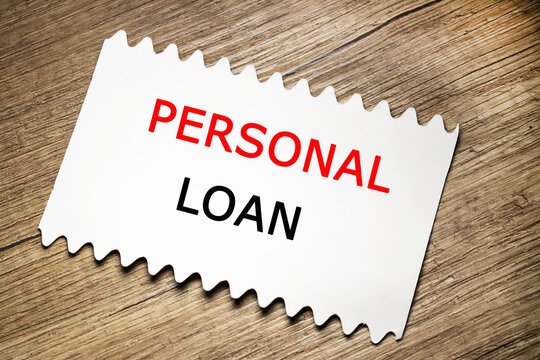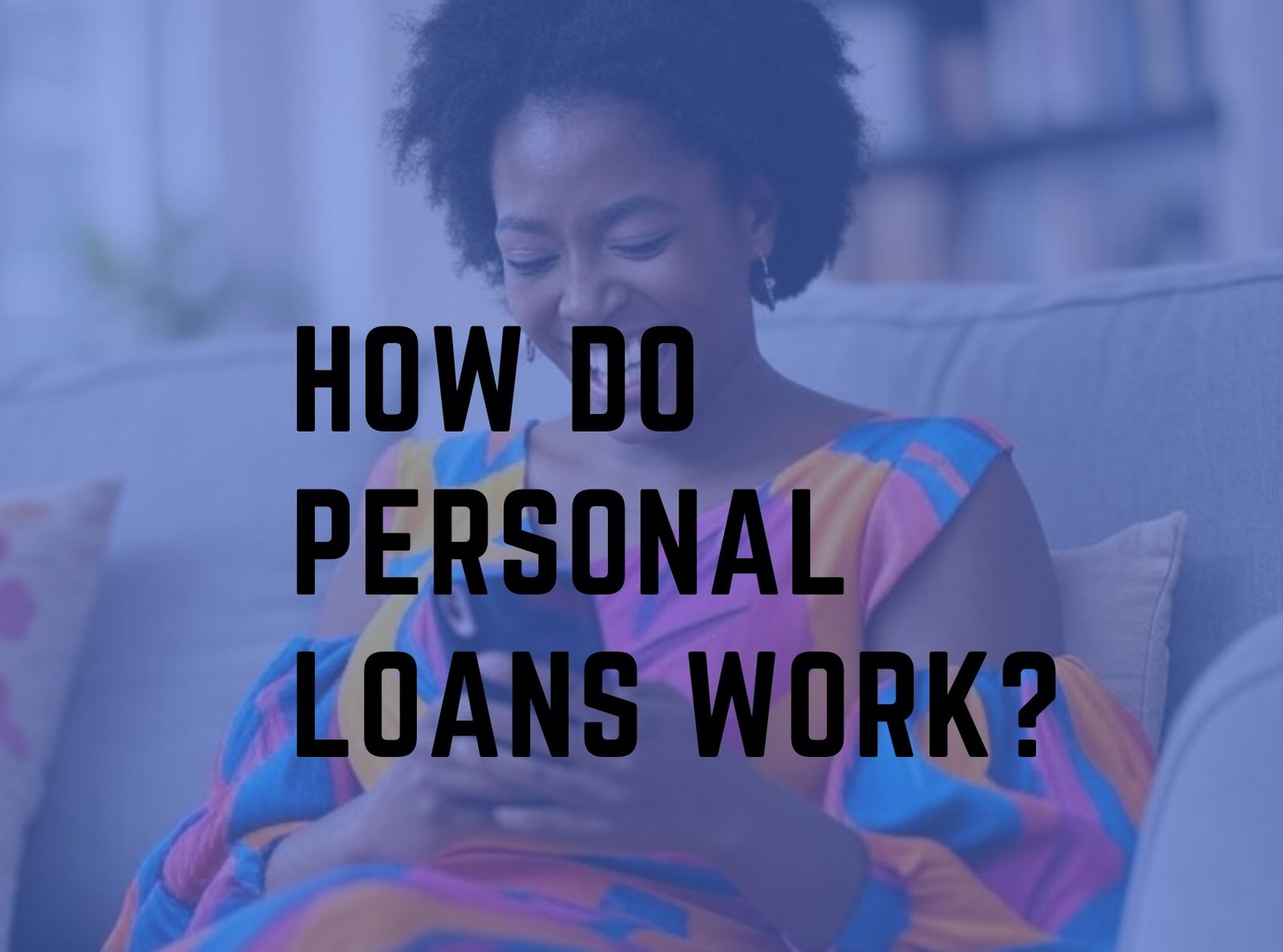If you’ve ever wondered how do personal loans work, you’re not alone. Personal loans are a versatile financial tool that can help you cover major expenses, from buying an engagement ring to funding home repairs or consolidating high-interest debt. These loans provide a lump sum of money that you repay over time, often at a lower interest rate than credit cards.
This makes them a smart choice for managing large purchases, simplifying your finances, or tackling unexpected costs. But like any financial product, personal loans come with their own set of pros and cons. Before applying, it’s important to understand how they function, what costs are involved, and how they can impact your overall financial health.
What Is a Personal Loan?
A personal loan is a type of installment loan that provides you with a sum of money upfront. You then repay the loan, plus interest, in fixed monthly payments over a set period, known as the loan term. Unlike credit cards, which are revolving credit, personal loans are paid off over time, typically ranging from one to seven years.
Thanks to the rise of online and peer-to-peer lenders, applying for a personal loan has never been easier. Most applications take less than 10 minutes to complete online. However, the approval process can take up to a week, depending on how quickly the lender reviews your documents.
While personal loans are convenient, they do come with costs. In addition to interest, you might encounter fees like origination fees (charged when the loan is issued) or prepayment penalties (for paying off the loan early). Understanding these costs is key to making an informed decision.

READ MORE
All About Home Credit Cash Loan
Steps to Improve Credit Score Before Applying for a Loan
Platforms To Get Instant Loan In Nigeria
How Do Personal Loans Work?
So, how do personal loans work in practice? Think of them like an auto loan, but without the need for collateral. When you apply for a personal loan, the lender evaluates your credit score, income, and debt-to-income ratio to determine your eligibility. Since most personal loans are unsecured, you don’t need to put up assets like your car or home as security.
Once approved, the loan amount is typically deposited directly into your bank account. If you’re using the loan to consolidate debt, some lenders offer the option to pay your creditors directly. This can be a helpful feature to ensure the funds are used as intended.
The repayment process usually begins within 30 days of approval. You’ll make fixed monthly payments until the loan is paid off. Timely payments can positively impact your credit score, as most lenders report your activity to credit bureaus.
Common Uses for Personal Loans
One of the biggest advantages of personal loans is their flexibility. You can use the funds for almost any legal purpose, though some lenders may have restrictions. Here are some of the most common ways people use personal loans:
1. Debt Consolidation
If you’re juggling multiple high-interest debts, a personal loan can simplify your finances. By consolidating your debts into a single loan, you may save money on interest and reduce the stress of managing multiple payments.
2. Emergency Expenses
Life is full of surprises, and not all of them are pleasant. Personal loans can provide quick access to funds for unexpected expenses like medical bills, car repairs, or urgent home repairs.
3. Home Improvements
Unlike home equity loans, personal loans don’t require you to use your home as collateral. This makes them a faster and safer option for funding renovations or repairs.
4. Financing Major Life Events
From weddings to dream vacations, personal loans can help you cover the costs of life’s big moments. They’re often a better alternative to credit cards due to their lower interest rates.
5. Investing in Yourself
Whether it’s pursuing a professional certification or attending a career-boosting workshop, a personal loan can help you invest in your future. However, keep in mind that some lenders may not allow personal loans to be used for educational expenses like college tuition.
6. Refinancing Existing Debt
If your credit score has improved since you took out a previous loan, you might qualify for a lower interest rate by refinancing with a personal loan. This can reduce your monthly payments or help you pay off debt faster.
PEOPLE ALSO READ
Do Zero Interest Personal Loans Exist?
How Private Money Lending Works
Things to Consider Before Applying
While personal loans can be a helpful financial tool, they’re not without risks. Here are a few things to keep in mind:
Interest Rates and Fees: Compare offers from multiple lenders to find the best rates and terms. Pay attention to fees like origination charges or prepayment penalties.
Impact on Credit Score: Applying for a loan triggers a hard credit inquiry, which can temporarily lower your score. However, making timely payments can help improve your credit over time.
Loan Term: A longer loan term means lower monthly payments but more interest paid over time. Choose a term that fits your budget and financial goals.
Conclusion
Understanding how personal loans work is the first step to deciding if they’re right for you. Whether you’re consolidating debt, funding a major purchase, or covering an emergency expense, personal loans offer a flexible and often affordable solution. Just be sure to check clearly, read the fine print, and borrow responsibly to make the most of this financial tool.
